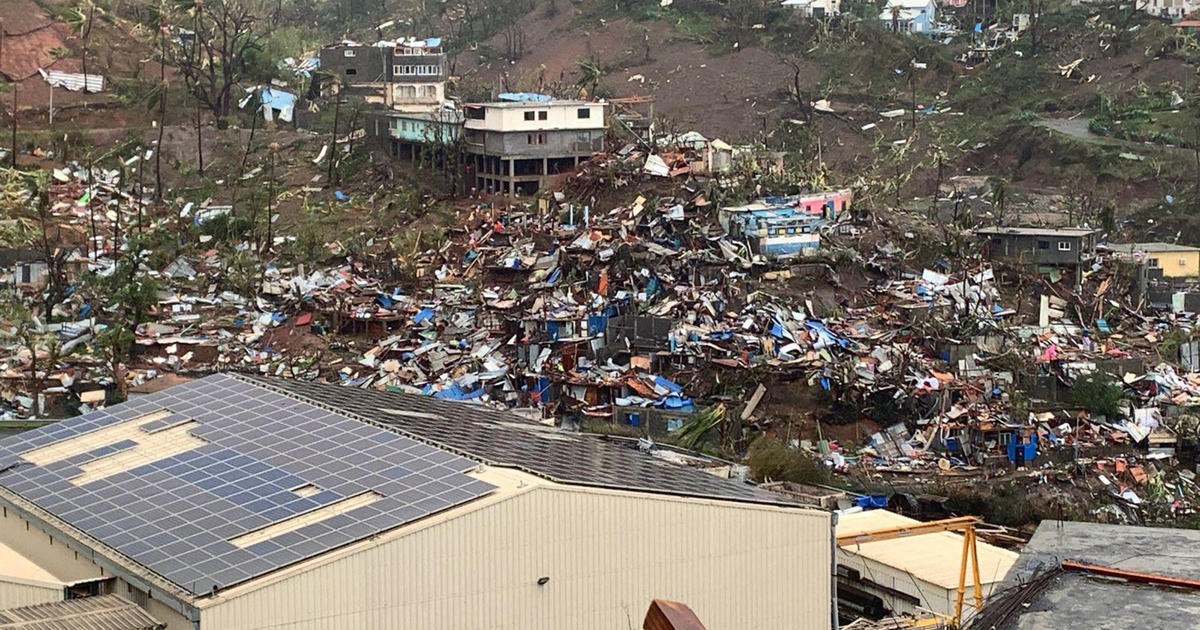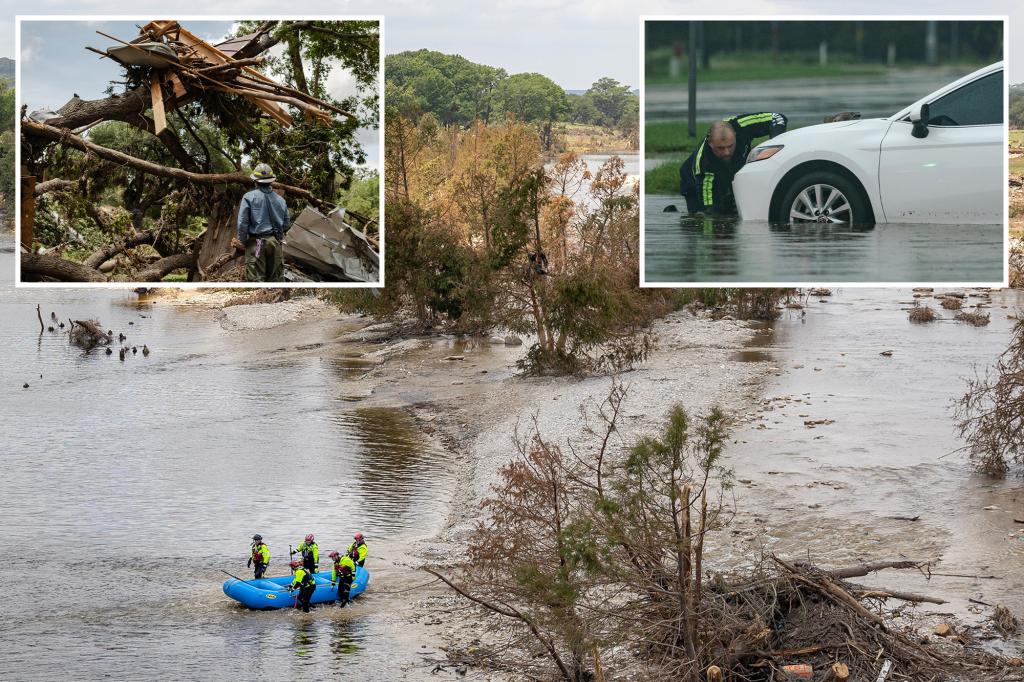Devastation Unleashed: Cyclone Chido’s Deadly Impact on Mayotte
As Cyclone Chido descends upon Mayotte, the Indian Ocean archipelago is grappling with the aftermath of one of the most severe natural disasters in its recent history. Reports indicate catastrophic loss of life, extensive damage to infrastructure, and a humanitarian crisis that is rapidly evolving. This article delves into the impact of Cyclone Chido, examining not only the immediate effects but also the broader implications for disaster preparedness and recovery within the region.
The Immediate Aftermath of Cyclone Chido
Initial assessments following the cyclone’s landfall reveal significant destruction across Mayotte, particularly in coastal areas. Eyewitness accounts paint a harrowing picture of the storm’s ferocity:
- Widespread Destruction: Homes, schools, and essential services have been obliterated, leaving thousands displaced.
- Loss of Life: Early reports indicate a staggering death toll, with rescue operations still ongoing and numbers expected to rise.
- Infrastructure Damage: Roads and communication networks have been severely disrupted, complicating rescue and recovery efforts.
The cyclone, classified as a Category 4 storm, brought winds exceeding 140 mph and torrential rainfall, which caused flooding and landslides. The ensuing chaos has left local and national authorities scrambling to respond to the immediate needs of affected populations.
The Humanitarian Crisis
With the destruction comes a burgeoning humanitarian crisis. The United Nations and humanitarian organizations are mobilizing to provide emergency assistance, but challenges abound:
- Food and Water Supply: The cyclone has contaminated freshwater sources and destroyed crops, creating an urgent need for food and clean water.
- Healthcare Access: Medical facilities have been overwhelmed, and many healthcare workers are unaccounted for, raising concerns over the spread of disease.
- Psychosocial Support: The psychological impact of such disasters can be profound, necessitating immediate attention to mental health services.
In response, local government bodies, alongside international NGOs, are working to establish temporary shelters, distribute food and water, and restore communication lines. However, the scale of the disaster poses significant logistical challenges.
Preparedness and Recovery: Lessons Learned
Cyclone Chido raises pressing questions about disaster preparedness and the resilience of Mayotte’s infrastructure. Although tropical cyclones are not uncommon in the region, the severity of this event underscores potential gaps in readiness:
Historical Context
Mayotte has faced its share of natural disasters in the past. However, the increasing intensity of storms due to climate change necessitates a reevaluation of existing preparedness strategies:
- Infrastructure Resilience: Investments in stronger, more resilient structures are essential to withstand future storms.
- Emergency Response Training: Community education and training in disaster response can enhance local resilience.
- International Aid and Collaboration: Strengthening ties with international bodies can facilitate better resource allocation and support during crises.
Policy Implications
This disaster may prompt policymakers in Mayotte and the broader region to reconsider emergency management policies. Key areas for improvement include:
- Early Warning Systems: Enhancing forecasting technology and communication strategies to ensure timely warnings reach vulnerable populations.
- Environmental Management: Implementing sustainable land-use practices to mitigate the effects of flooding and erosion.
- Investment in Recovery Infrastructure: Allocating funds for rebuilding efforts that prioritize long-term resilience over short-term fixes.
The Broader Implications of Cyclone Chido
The impact of Cyclone Chido extends beyond immediate humanitarian concerns. It highlights the interconnectedness of global climate issues and local realities:
Climate Change and Natural Disasters
The increasing frequency and severity of cyclones are largely attributed to climate change. As global temperatures rise, so does the intensity of weather-related phenomena:
- Increased Cyclone Activity: Studies indicate that warmer ocean temperatures create more powerful storms.
- Global Responsibility: Countries with higher carbon footprints must take responsibility for mitigating climate change and supporting vulnerable regions.
International Solidarity and Support
The situation in Mayotte serves as a reminder of the need for international solidarity in the face of climate-related disasters. Countries around the world must come together to support affected regions through:
- Financial Aid: Providing monetary support for immediate relief and long-term recovery efforts.
- Technical Assistance: Sharing knowledge and resources for rebuilding and improving resilience.
- Policy Advocacy: Encouraging global policies that address climate change and promote sustainable development.
Conclusion
The devastation wrought by Cyclone Chido in Mayotte is a stark reminder of the vulnerabilities faced by island nations in an era of climate change. As the community begins to pick up the pieces, it is essential to draw lessons from this tragedy to enhance future preparedness and resilience. The path to recovery will require a concerted effort from local authorities, international organizations, and the global community to ensure that Mayotte not only recovers but emerges stronger and better equipped to face future challenges.
As recovery efforts continue, the world watches closely, hoping for swift action and support for those affected by this catastrophic event. The resilience of Mayotte’s people, coupled with effective international collaboration, will be critical in overcoming the current crisis and building a more sustainable future.
See more Your Daily Weather



